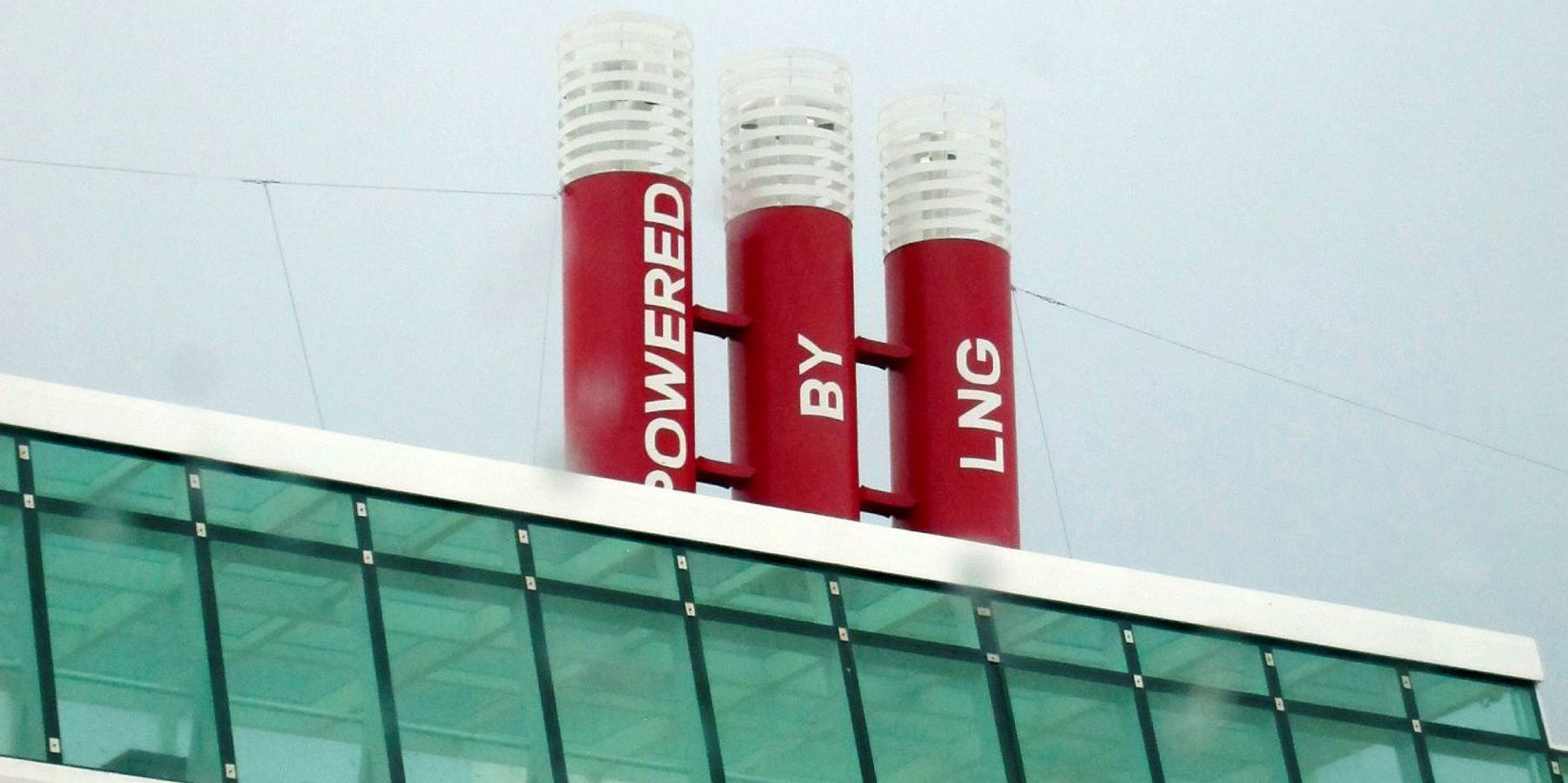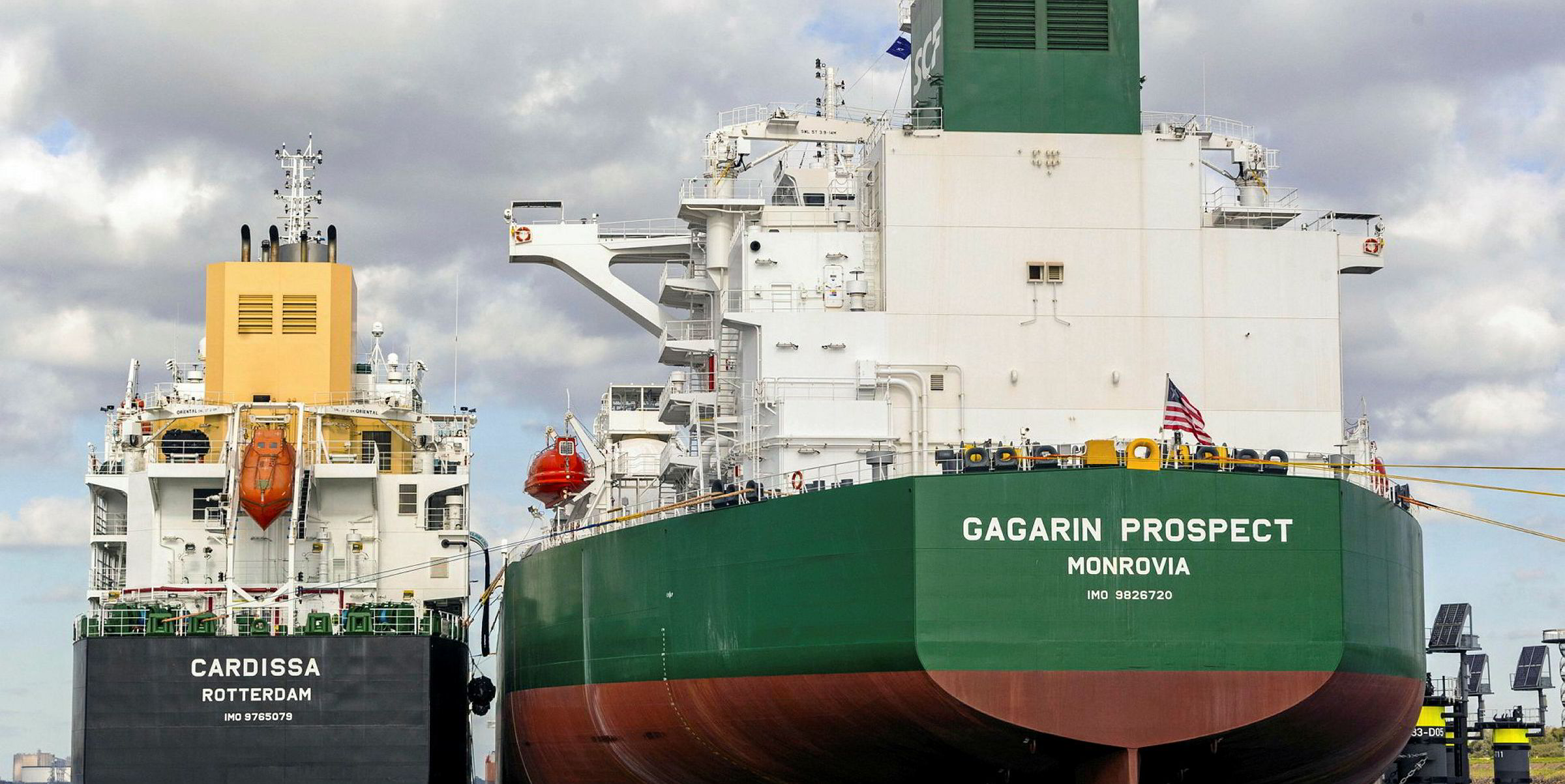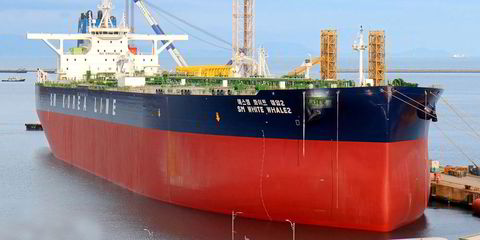Using LNG as a fuel can provide the best return on investment for container vessels, according to a report commissioned by industry lobby group SEA\LNG.
In an independent study unveiled today, that the body commissioned from simulation and analytics expert Opsiana, six fuel pricing scenarios are examined for a 14,000 TEU containership newbuilding operating on an Asia-US West Coast (USWC) trade – where
SEA\LNG chairman Peter Keller said: “The study unequivocally shows that for this vessel type, on this trade route, LNG as a marine fuel delivers the best return on investment (ROI) on a net present value (NPV) basis over a conservative 10-year horizon, with fast payback periods ranging from one to two years.”
The study shows LNG provides a greater ROI than alternative compliance solutions, including exhaust gas emission scrubbers, SEA\LNG said.
The group said it also shows a diminishing capex hurdle, competitive energy costs, the stability of LNG pricing and the realistic cost of scrubbers and highlighted the additional environmental benefits of using LNG as bunkers.
The fuel is shown to be the best investment across strong freight markets with elevated vessel operating speeds to weaker scenarios where slow steaming is employed, SEA\LNG said.
Keller said the study was commissioned to “support shipowners and operators in analysing their investment opportunities in an informed way, while simultaneously providing deeper analysis of the assumptions that go into the 2020 decision process.”
SEA\LNG’s 36 member-organisations contributed maritime expertise, information and data from across the LNG chain to the study.
“While this study focuses specifically on the investment case for LNG within a key liner trade route, the coalition is collaborating with third parties on further independent research which will analyse the investment case for different vessel types and additional liner trade routes," SEA\LNG said.
Keller added: “At a time when shipowners and operators deserve factual information with which to analyse options in an informed way, there have been too many unqualified assumptions about the investment case for LNG.
“While there remain many unanswered questions about the choice and prices of marine fuels going into 2020, SEA\LNG will continue its commercially-focused studies to provide authoritative intelligence regarding the investment case for LNG as a marine fuel for shipowners, shipyards, ports and wider stakeholders,” he said.






